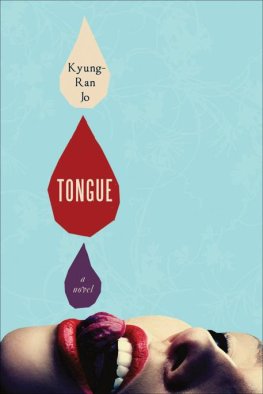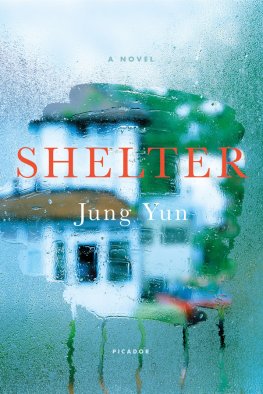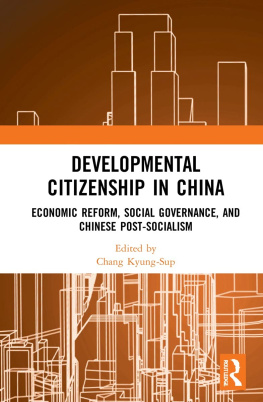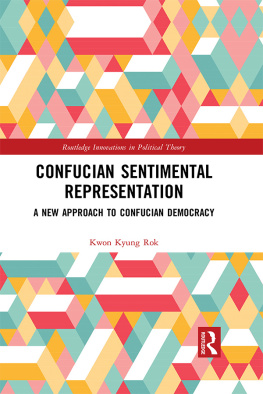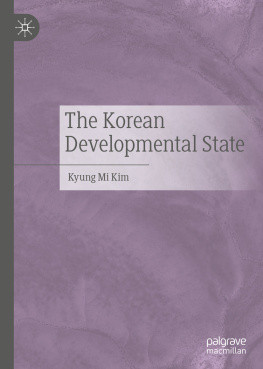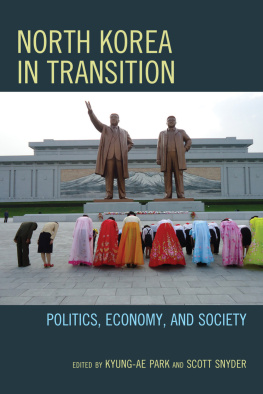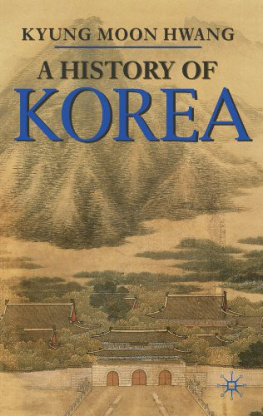
Discourses on Liberation
Great Barrington Books
Bringing the old and new together in the spirit of W. E. B. Du Bois
An imprint edited by Charles Lemert
Titles Available
Keeping Good Time: Reflections on Knowledge, Power, and People
by Avery F. Gordon (2004)
Going Down for Air: A Memoir in Search of a Subject
by Derek Sayer (2004)
The Souls of Black Folk
100th Anniversary Edition
by W. E. B. Du Bois, with commentaries by Manning Marable, Charles
Lemert, and Cheryl Townsend Gilkes (2004)
Sociology After the Crisis, Updated Edition
by Charles Lemert (2004)
Subject to Ourselves
by Anthony Elliot (2004)
The Protestant Ethic Turns 100: Essays on the Centenary of the Weber Thesis
edited by William H. Swatos, Jr., and Lutz Kaelber (2005)
Seeing Sociologically: The Routine Grounds of Social Action
by Harold Garfinkel, edited and introduced by Anne Rawls (2005)
Discourses on Liberation: An Anatomy of Critical Theory
by Kyung-Man Kim (2005)
Forthcoming
Postmodernism Is Not What You Think
by Charles Lemert
Thinking the Unthinkable
by Charles Lemert
Discourses on Liberation
An Anatomy of Critical Theory
Kyung-Man Kim Department of Sociology Sogang University, Korea
First published 2005
by Paradigm Publishers
Published 2016
by Routledge
2 Park Square, Milton Park, Abingdon, Oxon OX14 4RN
711 Third Avenue, New York, NY 10017, USA
Routledge is an imprint of the Taylor & Francis Group, an informa business
Copyright 2005, Taylor & Francis.
All rights reserved. No part of this book may be reprinted or reproduced or utilised in any form or by any electronic, mechanical, or other means, now known or hereafter invented, including photocopying and recording, or in any information storage or retrieval system, without permission in writing from the publishers.
Notice:
Product or corporate names may be trademarks or registered trademarks, and are used only for identification and explanation without intent to infringe.
Library of Congress Cataloging-in-Publication Data
Kim, Kyung-Man.
Discourses on liberation: an anatomy of critical theory / Kyung-Man Kim.
p. cm.
Great Barrington books.
Includes bibliographical references and index.
ISBN 1-59451-127-6 (hc: alk. paper)
1. SociologyPhilosophy. I. Title.
HM585.K56 2005
301'.01dc22
2005008731
ISBN 13: 978-1-59451-127-1 (hbk)
ISBN 13: 978-1-59451-128-8 (pbk)
Designed and typeset by Straight Creek Bookmakers.
To my proud daughters,
Hyo-Jin and Soo-Jin,
who enabled me to write this book
as a happy father
Contents
Liberating Critical Talk
Charles Lemert
ON A RECENT VISIT TO SEOUL, AFTER A LONG AFTERNOONS SEMINAR, EXhausted but filled with ideas inspired by the work, I joined a smaller group for the evening meal. There I witnessed an exchange between two men that put everything said that afternoon, and much said in a lifetime, in a light so clear as to be beyond forgetting.
They were, these two men, elders in the gathered crowdor, more accurate to say, they were assigned that status by the rest of us. One was Chinese, the other Korean. Both understood the centuries-long tradition they reenacted. The Korean elder began. He had come prepared with paper and ink to compose, in his language, a poem set delicately on the page amid the fine lines he had just drawn of the sun-setting, or rising, in the mountains. The words of the poem were gentle and respectful, but not sentimental. He then explained to the rest of us that it was the custom of elders from Korea and China to exchange these gifts of poetry and images as a way of conveying respect as much for the different cultures as for the elders themselves. The elder from China was at first reluctant to return the favor. He felt, I think, he could not match the elegance of the gift he had been given. The rest of us turned to food, drink, and conversation, but I could see with a glance that his caution was giving way to the beauty of the ritual. He began to write, in Chinese. His poem, from what I could tell, was the more wordyif wordy is the word for writing that is actually drawing. The image he added was not so artistic, more a free-verse image based, or so I thought, on the Chinese characters. He interpreted his poem in English. I have scant recollection of what he meant to say. But the literal meanings were not the point. The exchange was in the poetrydeep enough to lift the two men, and we who witnessed the event, out and over our differences.
Kyung-Man Kim does something of the sort in Discourses on Liberation. By this, I do not mean that the book is written or drawn as poetry (though one supposes it could have been given his mastery of English, a language second to his native Korean). Rather Professor Kim, more delicately than I think he realizes, draws a picture for us in the West that is a gift from East Asiaa gift that might only have been given from outside our culture and one that, just the same, draws the picture of what could be were the differences that divide us overcome.
Critical theory is an elder in the traditions of social theory. It appeared slowly but necessarily over the 1920s and 30s, when Western culture and politics were on the verge of their long dreaded collapse. Before any other had posed the question so well, the German social theorists, beginning with Theodor Adorno and Max Horkheimer, demanded an answer: How can knowledge save us from ourselves? The demand was for a social theory that could emancipate the West from social evil of its own making without abandoning the high culture upon which Europe had vested its hope. Critical theory became, in all its various epiphanies, an attempt to rediscover the public talk, or discourse, upon which democracy depends. The hope of course boils down to the hope of doing what the two East Asian elders had donetalking, somehow and by any means necessary, in a way that transcends the terrible social differences so easily aggravated, so quick to provoke violence.
The urgency of the critical inquiry lies not in the claim that the West is less violent than the East or any other global elsewhere. On the contrary, we are more violent, if the history of the just previous century is taken seriously. The crisis of cultural legitimacy in the West is in the enormous chasm between the cultures wishful ideals and the reality of its mindless aggressions.
The key word in the vocabulary of critical theory is transcendence, in which the critical leverage is sought. In many ways, appearances notwithstanding, any and all versions of critical social theory have been attempts to solve the riddle of the transcendental Immanuel Kant first depicted. Kants categorical imperative to seek the universal human in the moral quality of ones local actions was a duplicitous reach both to admit the limitations of pure reason and to reconstruct a transcending ideal that would encourage the human community to act as if it were good. Ever since, theorists have attempted to resolve this impossible contradiction at the heart of Western moral culture.
With the grace of the elder he is not yet, Professor Kim traces the variant solutions to the Wests riddleHabermass sober probe into the technical details of discourse itself; Bourdieus decomposition of the Enlightenment formula by composing the one critique Kant did not dare to write, the critique of sociological judgment; Giddenss theory of the transcendent structure as doubly constituted in the recursively meaningful play between individuals and the social whole; Garfinkels taking the transcendent down to the indexicality of talk itself wherein differences are overcome by the repairing of the illusions they create; Rortys light hearted irony by which he proposes that critical judgment arises on the ironic itself by dismissing foundational knowledge in favor of liberal hope.


